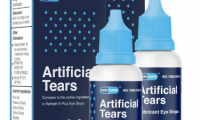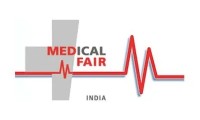-
Study shows link between obesity and adverse postoperative outcomes
- Source: drugdu
- 178
- May 5, 2023
-
Biomarker Signature Test Predicts Which Tumors Will Respond to Immunotherapy
- Source: drugdu
- 4,452
- May 1, 2023
-
In Rare Move, CMS Fines 2 Hospitals for Price Transparency Violations
- Source: drugdu
- 133
- April 29, 2023
-
EPA proposes new regulations on toxic gas used to sterilize spices and medical equipment
- Source: drugdu
- 180
- April 13, 2023
-
FDA takes only drug for premature birth off the market
- Source: drugdu
- 127
- April 12, 2023
-
Royal Papworth Hospital robot for thoracic surgery to be UK first
- Source: drugdu
- 125
- March 30, 2023
-
Users of recalled eye drops describe permanent vision problems after infections
- Source: drugdu
- 142
- March 27, 2023
-
Prioritize, Optimize And Modernize
- Source: https://invivo.pharmaintelligence.informa.com/IV124946/The-PostCOVID-Mantra-For-Medtechs-Prioritize-Optimize-And-Modernize
- 819
- April 6, 2022
-
MEDICAL FAIR INDIA
- Source: drugdu
- 1,605
- March 31, 2022
-
NICE backs selective internal radiation therapy for advanced liver cancer
- Source: drugdu
- 323
- March 3, 2021
your submission has already been received.
OK
Subscribe
Please enter a valid Email address!
Submit
The most relevant industry news & insight will be sent to you every two weeks.













